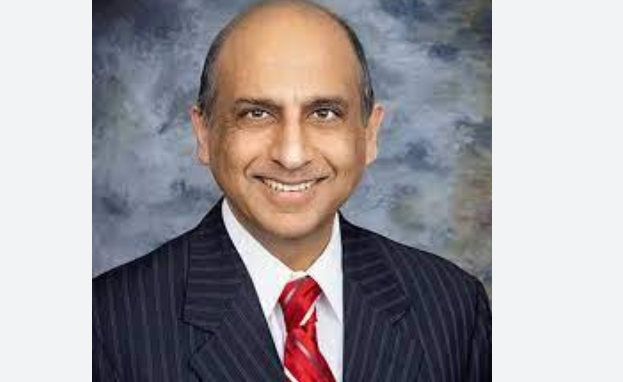In the war against cardiovascular disease (CVD), the armory recites the name of several medicinal champions. Each type, with its unique mode of action, plays a Dr Hari Saini pivotal role in the management and mitigation of this ailment. Understanding the role of these medications is integral to the battle strategy.
Breaking The Link: Role Of Antiplatelets And Anticoagulants In CVD Management
Principal plyers in the prevention of clot formation, antiplatelet and anticoagulant drugs, are vital in managing diseases like heart attacks and strokes. They inhibit the aggregation of platelets or the clotting process, thus forestalling blockage in blood vessels, a primary cause of heart attacks.
Statins: The Cholesterol Police
Statins, tasked to manage elevated cholesterol levels, limit the liver’s cholesterol production, reducing the deposit of cholesterol plaques on artery walls – a critical factor behind heart attacks and strokes.
Beta Blockers And ACE Inhibitors: Pressure Regulators
Beta-blockers and ACE (Angiotensin-Converting Enzyme) inhibitors attend to the blood pressure regulation. “Prescribing these medications can significantly reduce the risk of heart attacks, especially in patients with a history of cardiovascular disease,” Dr Hari Saini says Dr Hari Saini, an experienced internist working in heart disease management.
Draining The Excess: The Role Of Diuretics
Diuretics, also known as ‘water pills,’ manage fluid buildup in the body, a common complication in heart failure patients. They ease the heart’s workload, reduce swelling and shortness of breath, crucial to improving patients’ quality of life.
Medicine Marvels: Winning The Battle Of The Heart
Understanding the role of various medications in managing cardiovascular disease is an enlightening journey. Each medication class, be it antiplatelets, statins, blood pressure regulators, or diuretics, plays its unique part in managing this severe condition.
Equipped with this knowledge and the guidance of competent internists like Dr Hari Saini, the journey through CVD can be less daunting. Medicine, with its firm grip on our understanding of CVD, serves as a beacon of hope, leading us towards controlled management and a healthier heart.



